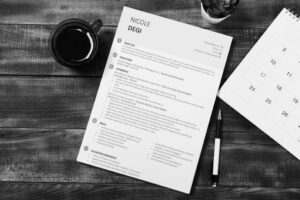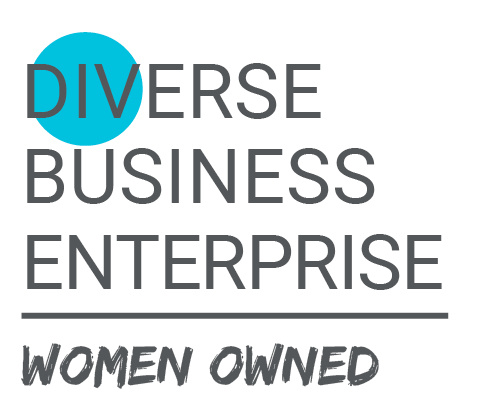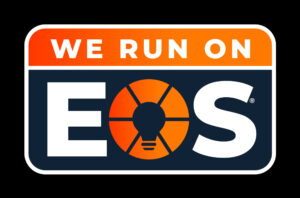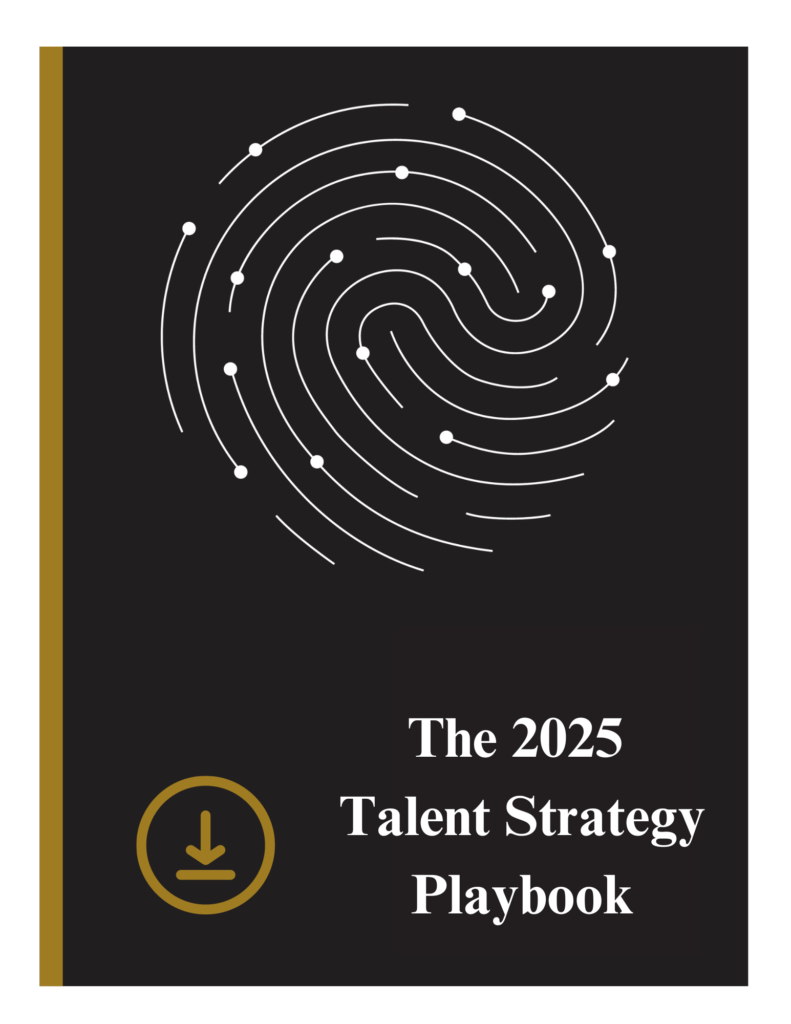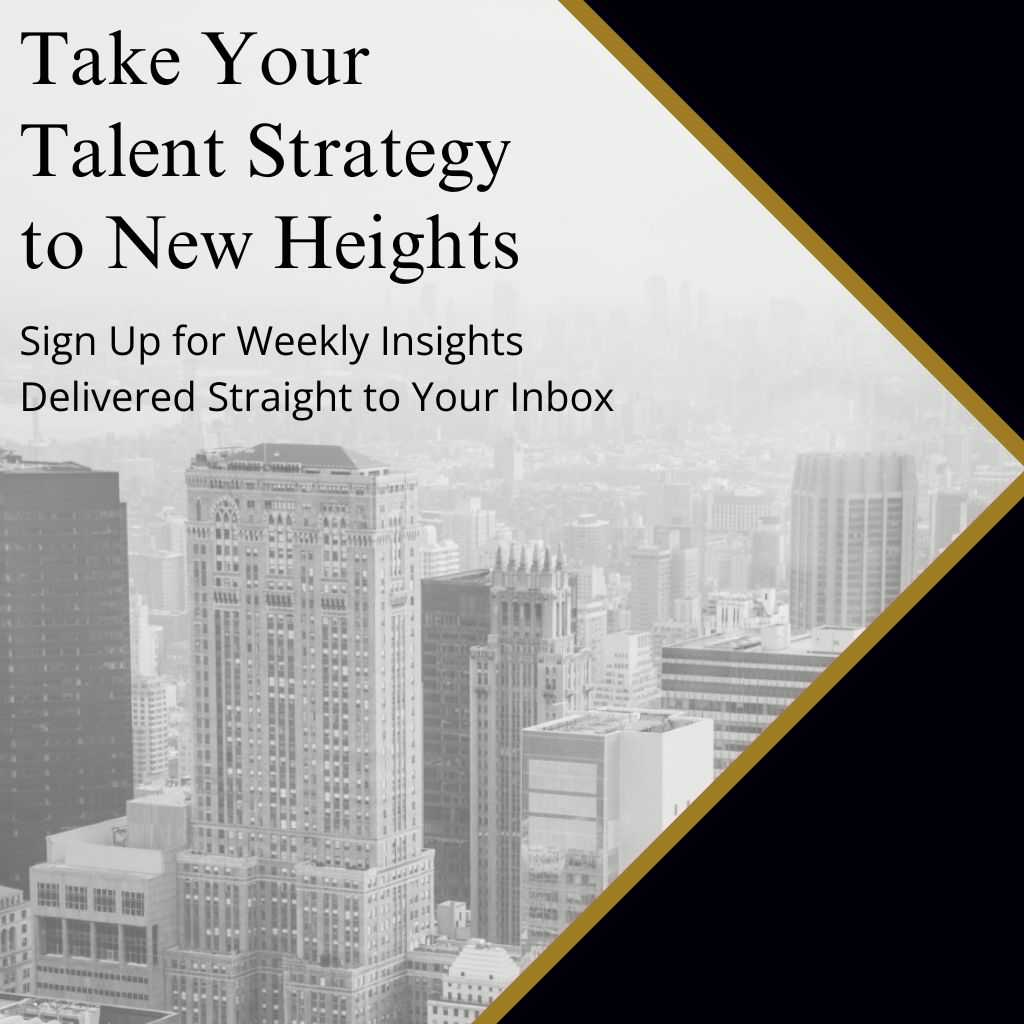I, like many I know, was impacted by a COVID layoff. My company fought hard and focused on doing everything they could to support their employees and their community, but ultimately, I found myself a job seeker.
I applied for 127 jobs and only heard back on 10 jobs. They were mostly rejections.
Being a job seeker in today’s climate can feel defeating. Here are some things I did (and you can do too) to tackle the new job search and land on my feet.
Don’t take it personally.
My work isn’t who I am. I definitely pour my heart into everything I do, but at the end of the day, that’s not my identity. It’s hard not to focus on “why me?” and a little soul searching can be beneficial, reflection can bring revelation, but don’t pitch a tent here.
Grieve and process.
Losing your job can take more from you than just your income. It can take away plans and dreams and can jeopardize security and safety. It’s ok to go through all the stages of grief, it’s ok to recognize this sucks. Process everything that has happened and may happen as a result and then put some action behind it— you still have an actual problem that needs a real solution.
Get to work—no kidding, right?
But seriously, finding a new job takes a lot of work! Candidates who get placed quickly know and commit to spending roughly 40 hours a week on their search!
Network!
Networking can be hard for many—I always feel like I don’t have much to offer, so instead, I just asked for help and advice. You should spend every day of your search trying to build connections, get on calls, or connect with executives.
True story: I only interviewed in person for three positions and I only applied to one of them. How’d I pull that off? I networked, I knew my resume would struggle to get noticed in a giant stack, so I asked to meet, I asked to interview, and I asked for introductions.
Ask for Help!
This may feel uncomfortable for a lot of people but do it anyway. When someone expresses their condolences and offers help, take them up on it! Ask for a resume review, ask for introductions or referrals, ask to borrow an interview suit, ask for what you need.
Research.
Before you apply, research the company, know as much as you can and apply that to your resume. If you know someone there, again, ask for an introduction or a recommendation.
Get your references ready.
While references don’t seem to be a huge factor these days, many companies still call your references. Choose references that are smart, mature, will give professional feedback, and who will be available. Make sure you let them know someone may be calling. If you’re being considered for an offer but your reference won’t call back or shares personal or irrelevant information, this could be a deal-breaker!
Clean up your social media!
Lock it all down, except for your LinkedIn. Even though social platforms are meant for personal expression, potential employers may take things the wrong way. It’s better to keep everything private.
Apply anyway!
If you’re missing a few qualifications, don’t get too hung up that—you may be just what they are looking for OR, there may be a new opportunity that isn’t open yet that you may be perfect for! Many people I know (including myself) have all landed jobs by applying to something totally different. You could totally get a rejection email, or you could land the perfect job—the underground job market is definitely a real thing.






